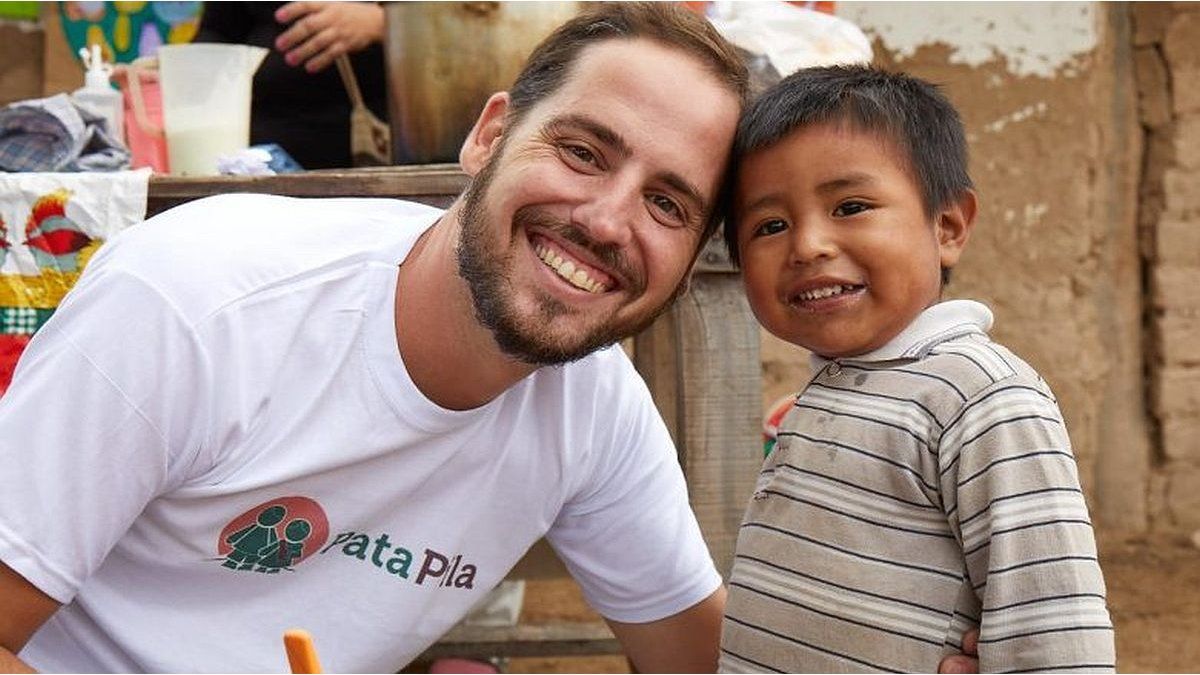In this context of a country marked by inequality and povertycollaboration between companies and non-governmental organizations (NGOs) is presented as an indispensable tool to promote social development and contribute to the construction of a more just and equitable future.
Although social organizations carry out tireless work every day to bring more opportunities and rights to vulnerable communities, strategic collaboration with companies and other institutions allows us to amplify the scope of that impact.
The collective impact is what really contributes sustainable value to the development objectives we propose.
These alliances with private companies allow NGOs They can count on financial resources to support the teams of professionals necessary to convey seriousness in the processes of sustainable support and transformation. In addition to having the expertise and experiences of companies to develop more ambitious and sustainable programs and projects. It is about breaking a little with the logic of Solidarity Responsibility to begin to understand each other as strategic partners in matters of social investment and cultural change.
Pata Pila is a non-profit organization that, since 2015, has been working to solve the problems that affect the lives of families living in extreme and structural poverty in Argentina. Above all, it has deployed an ambitious program for the development and prevention of malnutrition in northern Argentina.
To achieve this, it has programs that aim to protect early childhood, combat malnutrition, empower women, strengthen the social economy and integrate families into the public-private system, actively working to restore the right to health, identity, decent housing and access to drinking water.
A great example of collaboration between institutions and the third sector is the project co-financed by the European Union, “Getting to the North”, which seeks to promote social rights, social and economic inclusion of the Wichi, Chorote and Ava Guaraní communities that They live in the territories of the Gran Chaco. Coordinated and implemented by the Pata Pila Civil Association together with the ProYungas Foundation, this initiative achieved great results after 3 years: more than 8 thousand people benefited, 535 boys and girls participated in the nutritional program, 39 people graduated in trades, 10 works of water made and 40 indigenous women empowered.
In turn, at the beginning of 2023, the Impacto Verde project began to be implemented, a proposal from Team Europe Argentina that implements Redes Chaco and that aims to promote a multi-sector collective agreement between public actors in the Norte Grande region of Argentina. civil society and private. In this way, it becomes possible to promote territorial linkage programs between companies and communities, and promote employability and green entrepreneurship capabilities, with special emphasis on young people and women.
Without a doubt, the alliance between institutions, companies and NGOs can generate a positive and lasting impact on the lives of the people most in need and demonstrate that by joining forces, the potential for social change has no limits.
Today it is essential that the private sector recognizes its role as an agent of change and commits to working hand in hand with organizations that fight for a fairer Argentina with equal opportunities.
Director of Pata Pila
Source: Ambito
David William is a talented author who has made a name for himself in the world of writing. He is a professional author who writes on a wide range of topics, from general interest to opinion news. David is currently working as a writer at 24 hours worlds where he brings his unique perspective and in-depth research to his articles, making them both informative and engaging.




